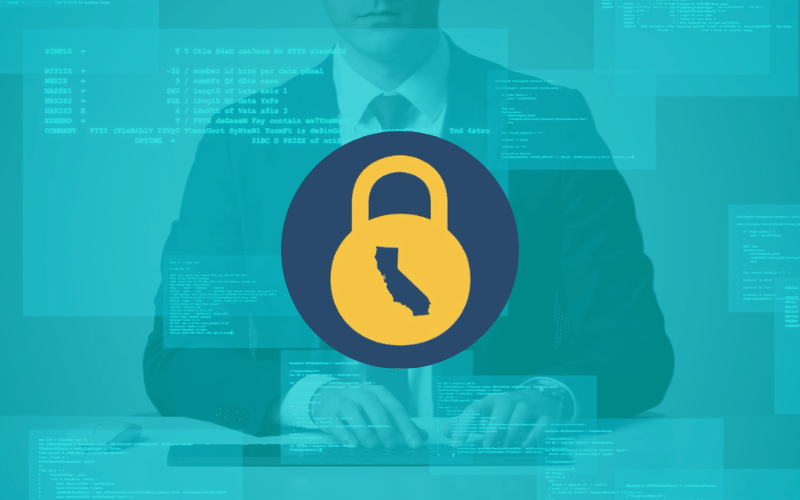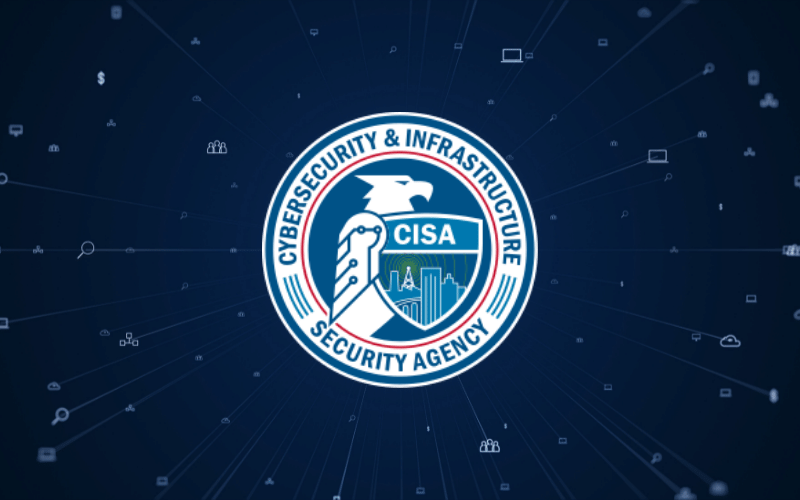The California Consumer Privacy Act (CCPA) is a data privacy law that went into effect on January 1, 2020, in the state of California, United States. It grants consumers certain rights and imposes obligations on businesses that collect and handle personal information.
Under the CCPA, businesses that fall within its scope are required to implement reasonable security measures to protect the personal information they collect. Here are some key data security obligations imposed by the CCPA:
- Duty to Implement Security Safeguards: Businesses must maintain reasonable security procedures and practices appropriate to the nature of the personal information they handle. The CCPA doesn't provide specific technical requirements but emphasizes the importance of implementing reasonable measures.
- Risk Assessment: Businesses should conduct a comprehensive assessment of the risks associated with their data processing activities and the types of personal information they collect. This assessment helps in determining appropriate security measures to protect against unauthorized access, disclosure, and other risks.
- Safeguarding Personal Information: Businesses must take reasonable steps to protect personal information from unauthorized access, use, disclosure, or destruction. This includes implementing controls such as encryption, access controls, and secure storage mechanisms.
- Employee Training and Access Controls: Businesses should provide training to employees who handle personal information to ensure they understand the importance of data security and privacy. Access controls should be implemented to limit access to personal information to authorized personnel only.
- Incident Response and Notification: In the event of a data breach or security incident, businesses must have procedures in place to respond promptly. If a breach poses a risk of harm to consumers, the CCPA requires businesses to notify affected individuals.
- Vendor Management: Businesses that disclose personal information to third parties (service providers or contractors) must have contractual agreements in place that require the third parties to implement and maintain appropriate security measures.
It's worth noting that the California Privacy Rights Act (CPRA), which passed as a ballot initiative in November 2020, expands and amends the CCPA's requirements. The CPRA establishes the California Privacy Protection Agency (CPPA) and introduces additional security obligations, such as the requirement for businesses to conduct regular security audits.
To ensure compliance with the CCPA and its data security obligations, it is advisable to consult legal professionals who specialize in privacy and data protection laws.










